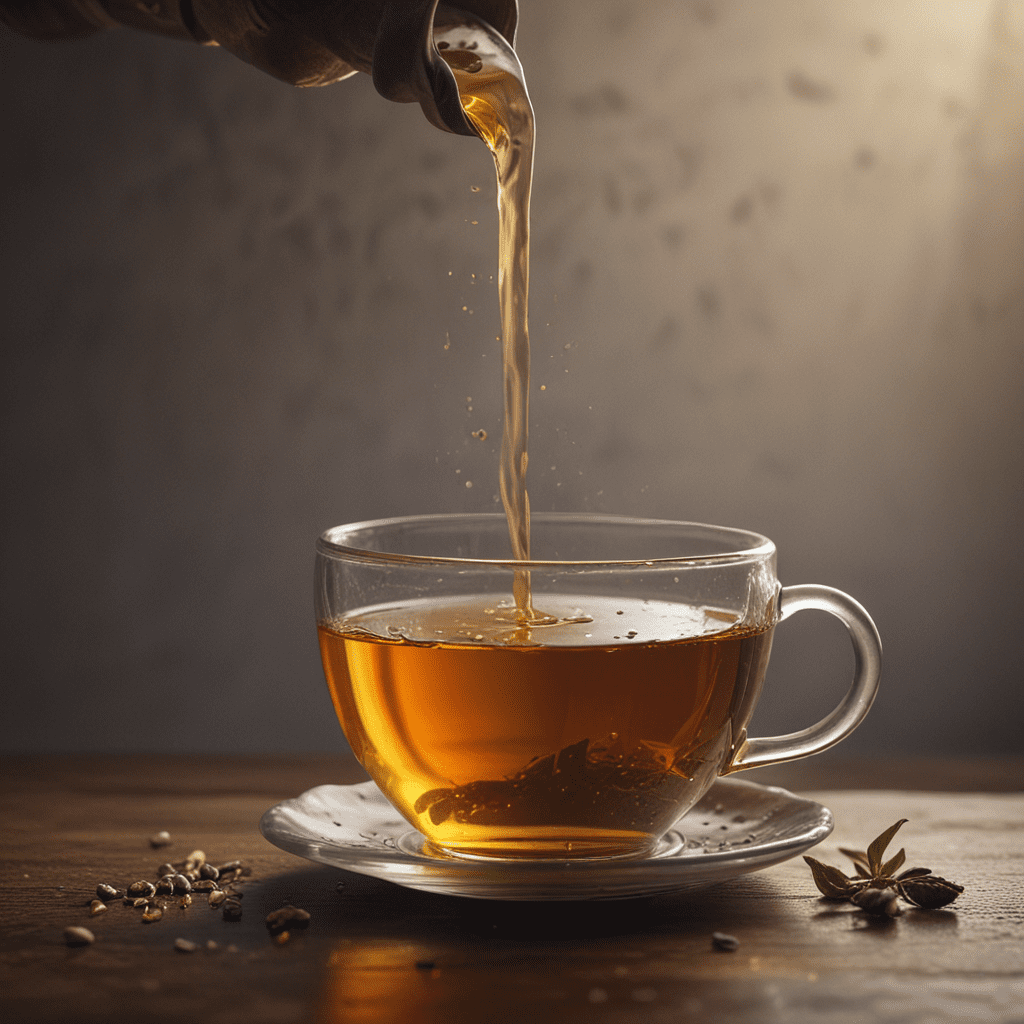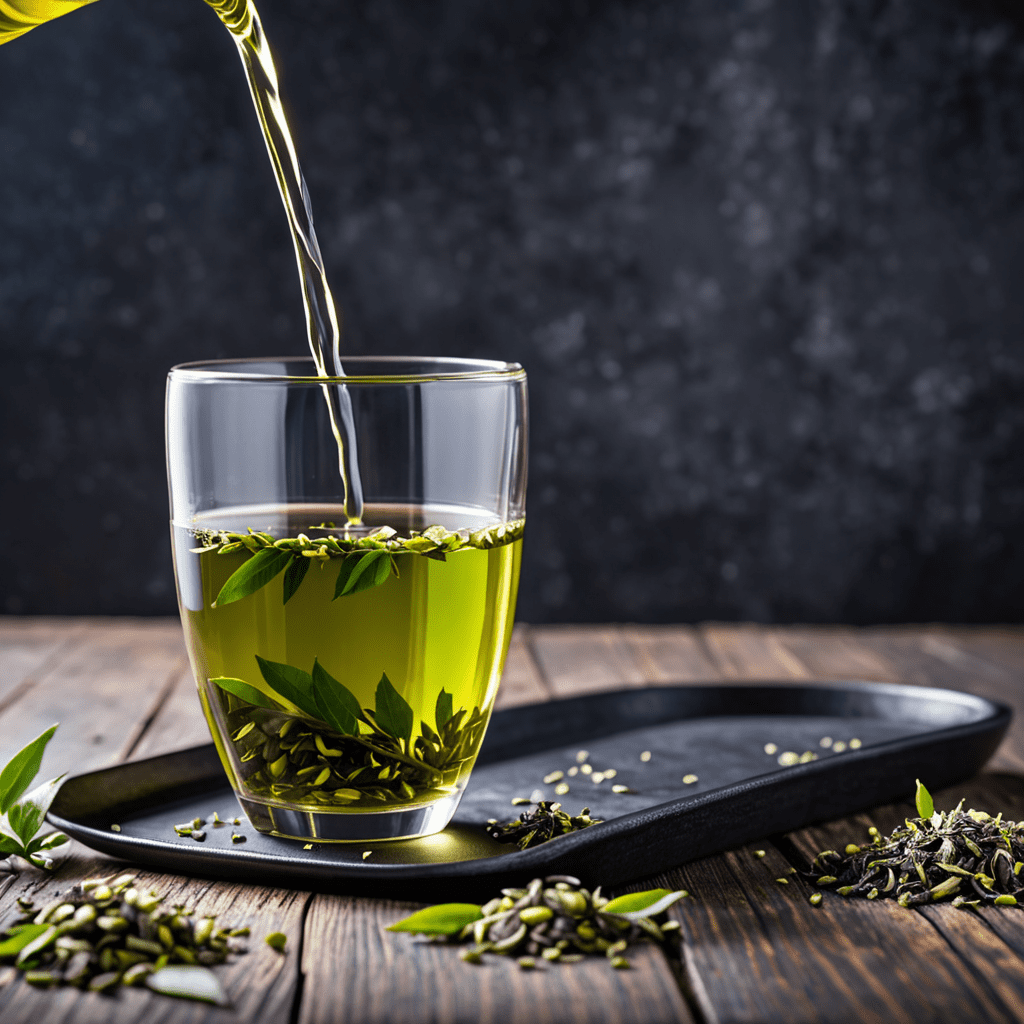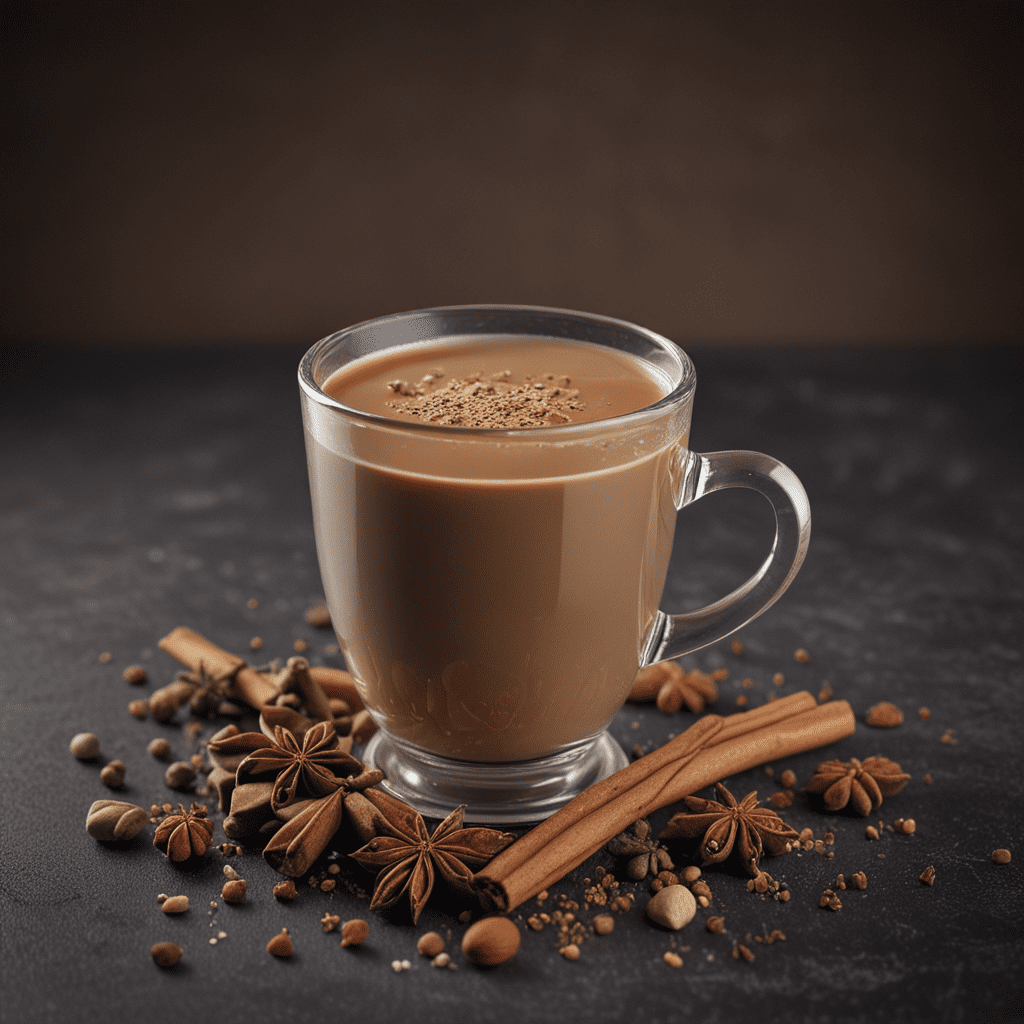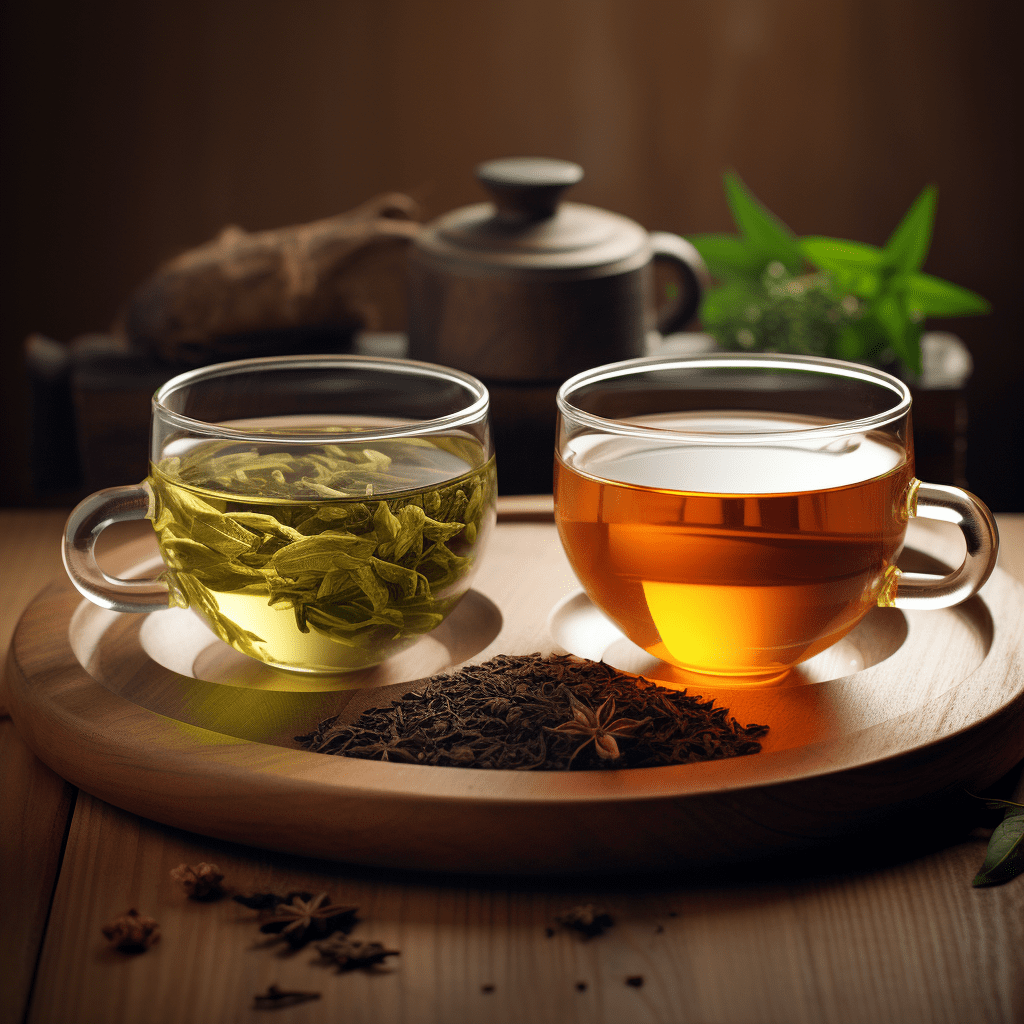The Art of Brewing Darjeeling Tea
1. The History of Darjeeling Tea
The Darjeeling tea industry traces its origins to the early 19th century, when the British planted tea seeds in the Himalayan foothills. The unique terroir of the region, characterized by high altitude, abundant rainfall, and well-drained soils, proved ideal for tea cultivation. By the late 1800s, Darjeeling tea had become renowned worldwide for its exquisite flavor and aroma.
2. The Unique Terroir of Darjeeling
Darjeeling tea is cultivated exclusively in the Darjeeling district of West Bengal, India, at elevations ranging from 600 to 2,000 meters above sea level. This unique highland environment imparts distinctive characteristics to the tea. The high altitude slows down the growth of tea plants, resulting in a more concentrated flavor. The abundant rainfall provides ample moisture, contributing to the tea's full-bodied nature. The well-drained soils ensure optimal nutrient absorption, fostering the development of complex and nuanced flavors.
3. Harvesting and Processing Darjeeling Tea
Darjeeling tea is harvested twice a year, in the spring and autumn. During the spring flush, the leaves are smaller and more delicate, producing a tea with a floral and aromatic character. The autumn flush yields larger leaves that result in a more robust and full-bodied tea. The harvested leaves are then processed using traditional methods that have been passed down through generations. The leaves are withered, rolled, oxidized, and dried to achieve the desired flavor profile. The oxidation process, known as fermentation, is carefully controlled to preserve the delicate balance between astringency and bitterness.
4. Types of Darjeeling Tea
There are several distinct types of Darjeeling tea, each with its own unique characteristics. The most common types include:
Black Tea: This is the most popular type of Darjeeling tea, characterized by its dark color and full-bodied flavor.
Green Tea: Green Darjeeling tea is processed without oxidation, resulting in a lighter color and a more delicate flavor with grassy notes.
Oolong Tea: Oolong Darjeeling tea is semi-oxidized, resulting in a flavor profile that combines the characteristics of black and green teas.
- White Tea: White Darjeeling tea is made from newly sprouted tea leaves, giving it a delicate and slightly sweet flavor.
5. The Darjeeling Tea Auction
The Darjeeling tea auction is a prestigious event held twice a year in Kolkata, India. Here, buyers from around the world bid on the finest Darjeeling teas. The auction prices can vary significantly, depending on the quality, type, and season of the tea. The Darjeeling Tea Auction is a testament to the reputation and desirability of Darjeeling tea, as well as the strong demand for this exceptional beverage.
6. Brewing the Perfect Cup of Darjeeling Tea
Brewing the perfect cup of Darjeeling tea is an art. Here are a few tips to enhance the experience:
Use fresh, cold water: Always start with fresh, cold water. Boiling old or stagnant water can compromise the tea's flavor.
Warm the teapot: Warm the teapot with hot water before brewing. This helps to prevent the tea from cooling down too quickly.
Use the right amount of tea: A general guideline is to use 2-3 grams of tea leaves per cup of water.
Set the water temperature: The optimal water temperature for brewing Darjeeling tea is between 180 and 195 degrees Fahrenheit (82 to 90 degrees Celsius).
Steep for the right amount of time: The steeping time will vary depending on the type of Darjeeling tea and your personal preference. However, as a general rule, black Darjeeling tea should be steeped for 3-5 minutes, green Darjeeling tea for 2-3 minutes, and white Darjeeling tea for 1-2 minutes.
Enjoy: Once the tea has steeped for the desired amount of time, strain it into a cup and savor the delicate flavors and aromas.
7. The Health Benefits of Darjeeling Tea
Darjeeling tea is not only delicious but also boasts several health benefits. It is a rich source of antioxidants, which help to protect the body from damage caused by free radicals. Darjeeling tea has also been shown to improve cognitive function, boost the immune system, and reduce the risk of heart disease.
8. Darjeeling as a Luxury Product
Darjeeling tea is considered a luxury product due to its limited production and exceptional quality. The combination of unique terroir, traditional processing techniques, and high demand has made Darjeeling tea one of the most sought-after teas in the world. As a result, it commands a premium price in the tea market.
9. The Future of Darjeeling Tea
The future of Darjeeling tea is bright. The demand for this exceptional beverage continues to grow, and the region's tea producers are committed to preserving the unique characteristics that make Darjeeling tea so special. However, climate change poses a potential threat to the industry, as rising temperatures and changing rainfall patterns could impact tea production.
10. Visiting the Darjeeling Tea Estates
Visiting the Darjeeling tea estates is an unforgettable experience. Visitors can learn about the history, cultivation, and processing of Darjeeling tea firsthand. Many tea estates offer tours and tastings, allowing guests to sample the finest Darjeeling teas and appreciate the beauty of the tea gardens.
FAQs
Q: What makes Darjeeling tea so special?
A: Darjeeling tea is special due to its unique terroir, high altitude, and traditional processing techniques. These factors contribute to its delicate flavor, floral aroma, and health benefits.
Q: How much caffeine is in Darjeeling tea?
A: The caffeine content in Darjeeling tea varies depending on the type and brewing method. However, it is generally lower than in other types of black tea, ranging from 20 to 40 milligrams per cup.
Q: How can I store Darjeeling tea?
A: Darjeeling tea should be stored in an airtight container in a cool, dark, and dry place. This will preserve its freshness and flavor for up to a year.
Q: Where can I buy Darjeeling tea?
A: Darjeeling tea is available in specialty tea shops, online retailers, and some grocery stores. Look for reputable sellers who can guarantee the authenticity and quality of the tea.



